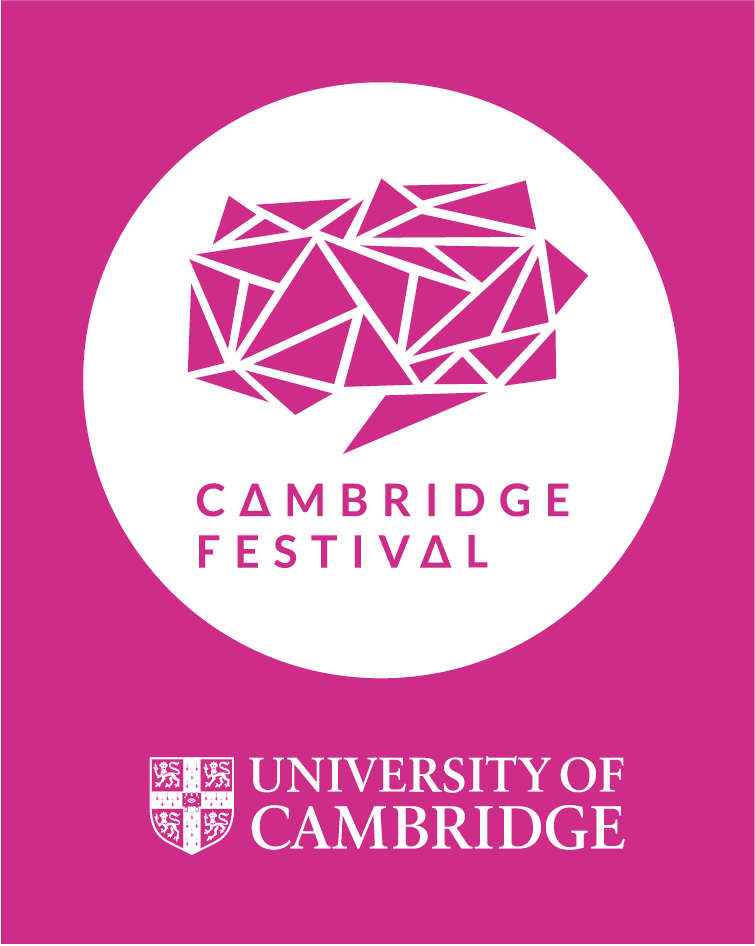| 4 Apr 2022 | 16:00 - 17:00 | Online event | |
- Description
Description
The documents revealed by Facebook whistleblower Frances Haugen in October 2021 suggest that the social media company’s current approach to online hate speech and misinformation barely scratches the surface of successful detection and prevention of harmful content. To date, the strategies of Twitter, Facebook (now named Meta), YouTube etc still largely rely on the principles of reporting and deletion. Naturally, this method has evoked criticism from libertarian voices who fear that one of our most basic human rights, i.e. freedom of speech, is at stake. Thus, in recent years, a Counterspeech approach has attracted the attention of researchers and experts as a potential, more promising means of combatting harmful content on the Internet.
The Dangerous Speech Project has defined Counterspeech as “any direct response to hateful or harmful speech which seeks to undermine it.” More and supportive speech is chosen over censorship. The great power of Counterspeech – performed by individuals, organisations or a chatbot – lies in its potential to reach and positively impact bystanders and silent followers of a discussion. Studies show that observing someone else’s intervention decreases our own likelihood of resorting to harmful language.
In this talk, I will explore ethical and technological considerations of Counterspeech. Some of the questions I will address are: What are different forms of Counterspeech? When is Counterspeech effective? Who should or can perform Counterspeech? Can and should we deploy technology to assist or take over the role of Counterspeakers online?
A talk by Stefanie Ullmann, ‘Giving Voice to Digital Democracies’ project at CRASSH.
For queries please email enquiries@crassh.cam.ac.uk.
This event is part of the Cambridge Festival 2022.


